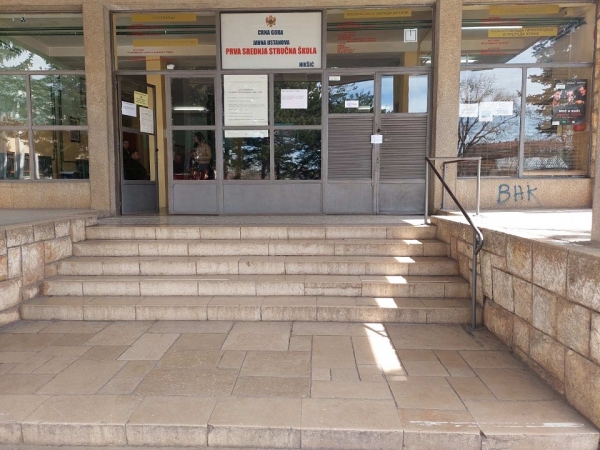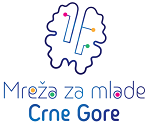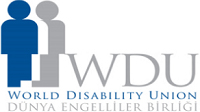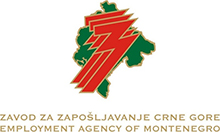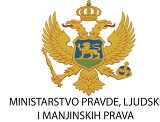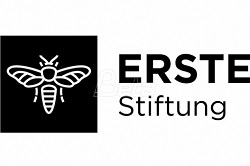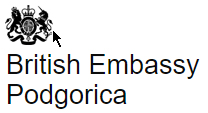Despite relatively adequate legislation and continuous initiatives that we send to meet every election process, the conditions for people with disabilities were not adequate even during the presidential elections, held on Sunday, March 19, 2023. This was the conclusion of the observers, accredited by the Association of Youth with Disabilities of Montenegro (UMHCG), who visited polling stations within four Montenegrin municipalities, namely: in Podgorica, Nikšić, in Bijelo Polje, and in Bar, based on the Checklist of standards accessibility for persons with disabilities, made on the basis of the provisions of the Law on Spatial Planning and Construction of Buildings and the related Rulebook, the Law on the Election of Councilors and Members of Parliament and several rules of the State Election Commission (SEC).
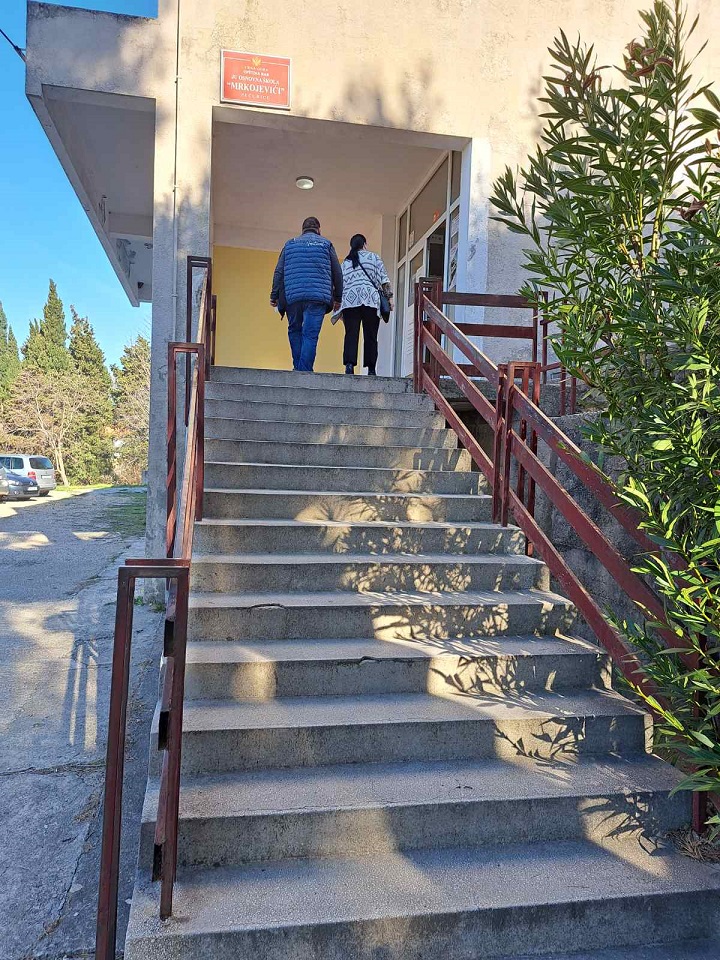
Namely, a group of over 20 observers visited the largest number of polling stations in Podgorica (164 polling stations out of 208, as many as there are) and in Nikšić (54 polling stations out of a total of 134), then 29 polling stations in Bar and 13 in Bijelo Polje and found mostly unsatisfactory situation, which is reflected in the fact that a large number of polling stations, although they are located in public facilities and facilities in public use, are completely inaccessible, with stairs at the entrance, or with a narrow entrance area, then with one wing of the door closed, while in inside the polling stations, even though they were provided, not all elements of accessibility were used in time, such as a template for a ballot paper with which people with visual impairements can vote independently, and an informative brochure in Braille. Furthermore, the ballot boxes were not placed on a lower table so that some categories of voters with disabilities could independently insert their ballot and thus ensure the secrecy of the vote, and in a large number of polling stations there was neither a shelf at a lower height in the voting booth, nor an ethison track for people with visual impairments orientates.
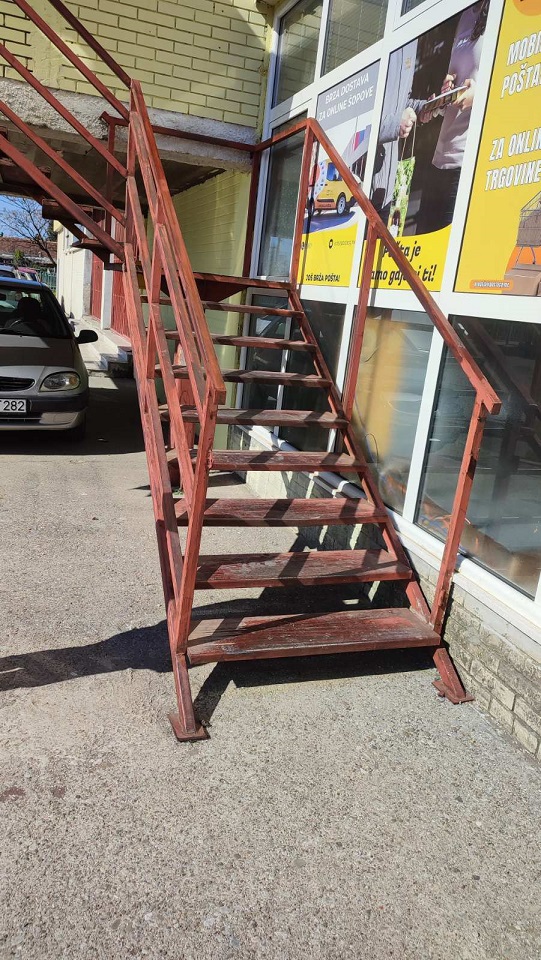
Thus, in none of the polling stations in the urban part of Bar, which the observers visited, was the ballot box placed on a table of a lower height, and only one polling station was equipped with an ethison track. In Nikšić and in Podgorica, in a significant number of polling stations, the template and the brochure were in an envelope past the table where the polling committee was sitting until the moment the observer asked.
In Bijelo Polje, a combination of the aforementioned examples from other cities was found.

It is unacceptable that after 15 years we should point to accessibility, as a right of persons with disabilities, and point to the fact that it is inadmissible to be brought into polling stations, or that after nine years we should explain what the ballot template is and why it must be on on the table and offered to people with visual impairments, in situations where it is obvious, and given to others after asking, and not in an envelope or in a package.
Some members of the polling boards, as an explanation, stated that there are no disabled people who vote at those polling stations, that they mostly vote by letter, or that they will help them if they show up. It is interesting that the members of the electoral commissions know something that the state of Montenegro does not, and that they have records on persons with disabilities that the state does not have, even though it has been an obligation since 2009 and the ratification of the UN Convention on the Rights of Persons with Disabilities.
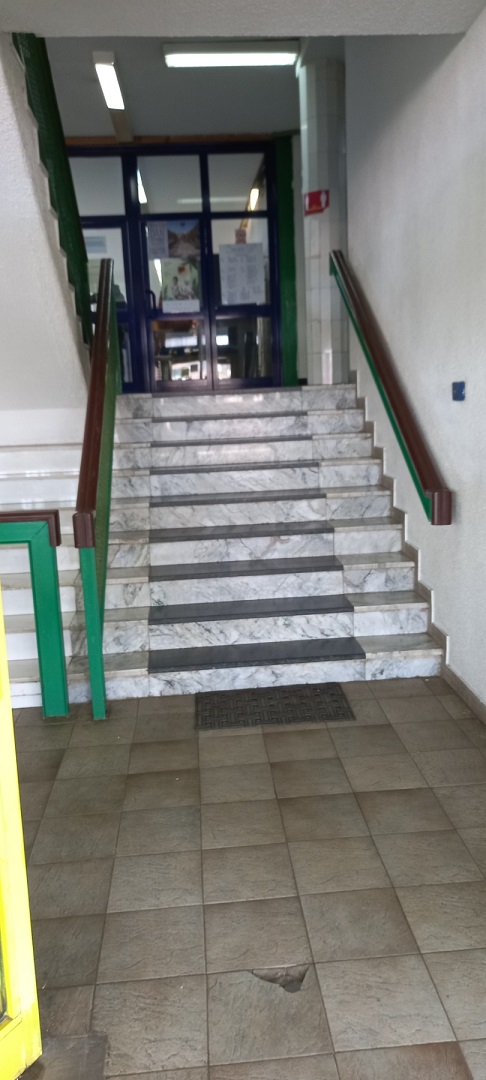
Conditions are not provided for persons with disabilities when they appear at the polling station. The Constitutional Court said enough about the method of exercising such rights when it declared unconstitutional the provision that “when determining polling stations, the municipal election commission is obliged to take care to facilitate access to the polling station for persons with disabilities.”
Despite the fact that we sent a joint initiative to meet these elections, the situation in practice, in a certain segment, in the capital city of Podgorica is even worse than when the local elections were held in October last year.
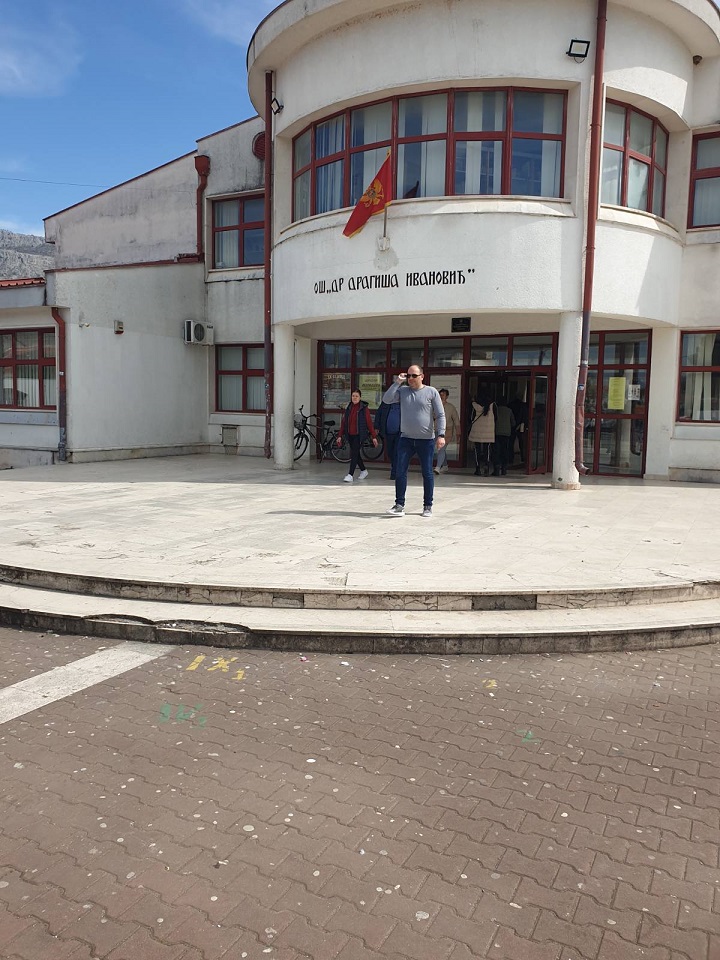
We consider the political parties whose representatives or sympathizers are in the election commissions and polling boards responsible for the stated situation, to the greatest extent, and even in this campaign we were not spared disparaging terminology that associates people with disabilities when candidates respond to each other, so we heard that someone will not “handicap their family”, which has a negative connotation (to disable).
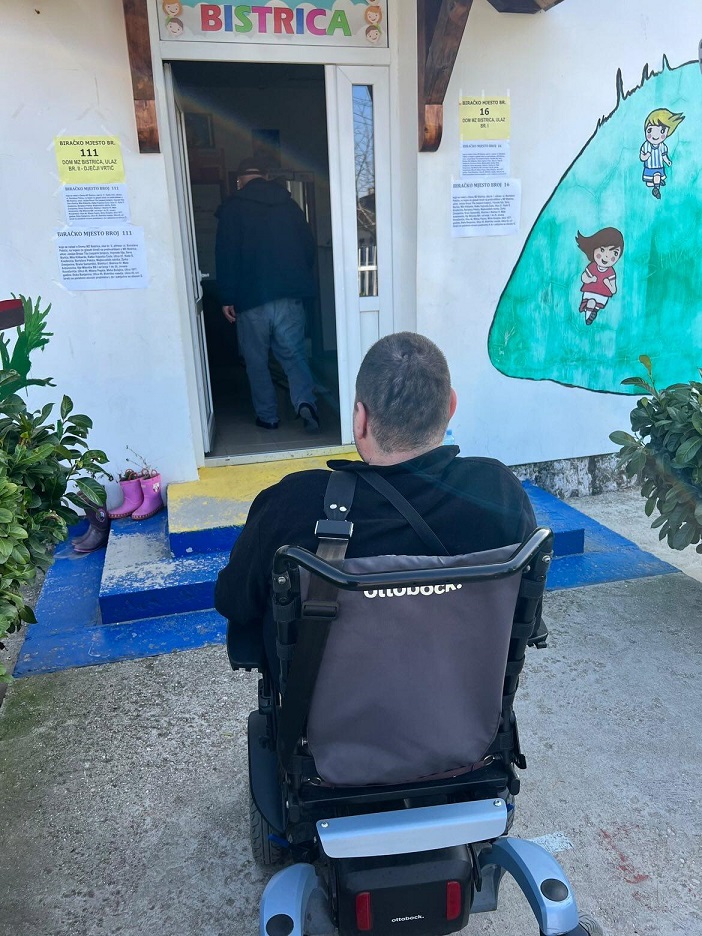
We are encouraged by the fact that the suits for protection from discrimination on the basis of disability were already announced last night, so we are now calling on other people with disabilities, throughout Montenegro, who did not exercise their right to vote due to inaccessibility, or who exercised it in a way that was not dignified, and with the obstacles that accompanied that process, to turn to us for further representation, including when initiating lawsuits for protection against discrimination that have been concluded in favor of persons with disabilities, some of which are group lawsuits, i.e. proceedings for protection against discrimination with higher amounts of non-material damage that were awarded.
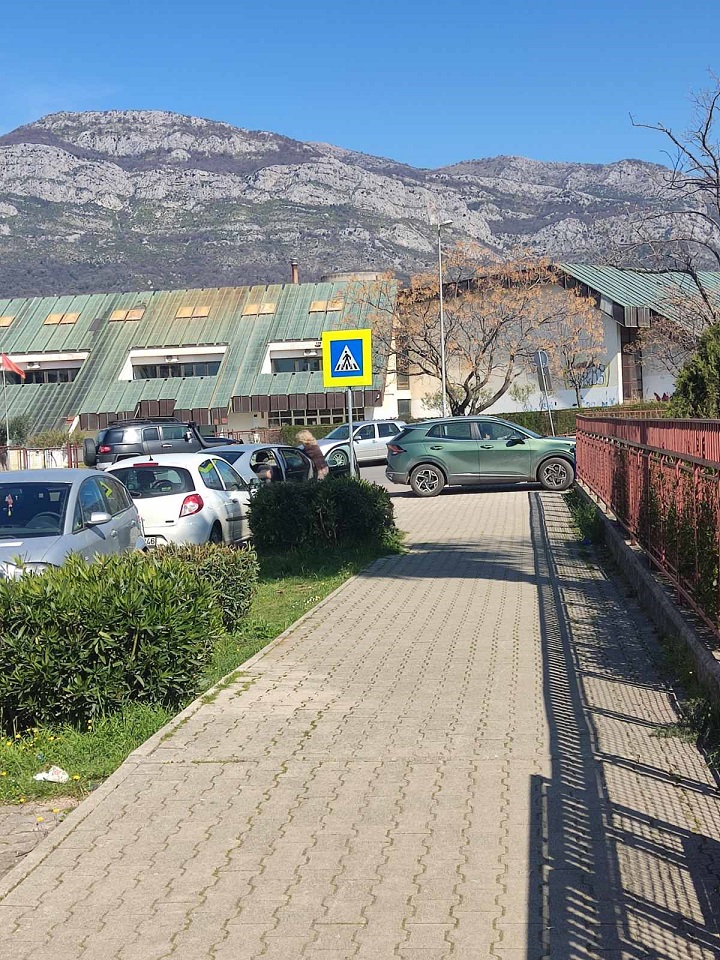
It is encouraging that in his address, the President of the State Election Commission, Nikola Mugoša, emphasized the importance of providing conditions for people with disabilities, but also taking care of the relationship between municipal election commissions and members of polling boards, who, although they had provided material, did not use it at every polling station.
Finally, we would like to thank the Center for Democratic Transition (CDT) and all our observers for their cooperation and trust, without whom this process would not have been possible.
The Association of Youth with Disabilities of Montenegro and the Union of Blind of Montenegro











